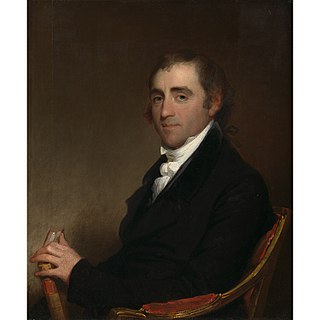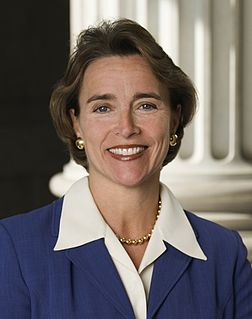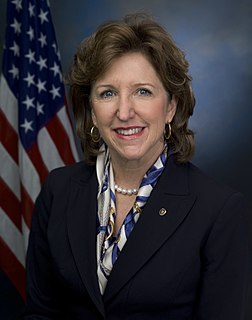A Quote by Jerome Kagan
The fundamental problem is that the gap in educational achievement, which is a key in our technological economy, is due in my opinion - and the opinion of many, including Arne Duncan, our secretary of education - to the fact that the families of the poor who are not very educated are not talking to their children, interacting with their children, insisting they do their homework and so on.
Related Quotes
Public education is the key civil rights issue of the 21st century. Our nation's knowledge-based economy demands that we provide young people from all backgrounds and circumstances with the education and skills necessary to become knowledge workers. If we don't, we run the risk of creating an even larger gap between the middle class and the poor. This gap threatens our democracy, our society and the economic future of America.
The whole realm of thought and opinion is utterly unsuited to public control; it ought to be as free, and as spontaneous as is possible. The state is justified in insisting that children shall be educated, but it is not justified in forcing their education to proceed on a uniform plan and to be directed to the production of a dead level of glib uniformity.
This is a devastating problem, is, the longer our children are in school, the worse they do. Year after year after year, our children in America are falling further behind. Our 3- and 4-year-olds enter kindergarten OK, and they fall further and further behind. Each year, children in other countries are learning more than children in this country. And so the gap between American student performance in Singapore and Finland and South Korea and Canada and these other countries, the gap widens year after year after year.
We have very stable mechanisms of conflict resolution in terms of labor relations, we have a very good transportation infrastructure, we provide our children with an excellent education and the gap between rich and poor in Germany is relatively narrow. On the other hand, we have trouble accepting change.
Many young people now end a discussion with the supposedly definitive and unanswerable statement that such is their opinion, and their opinion is just as valid as anyone else's. The fact is that our opinion on an infinitely large number of questions is not worth having, because everyone is infinitely ignorant.
The fabric of North Carolina and what makes our state so special is our families and our common desire for a brighter future for our children. No matter what your family looks like, we all want the same thing for our families - happiness, health, prosperity, a bright future for our children and grandchildren.






































